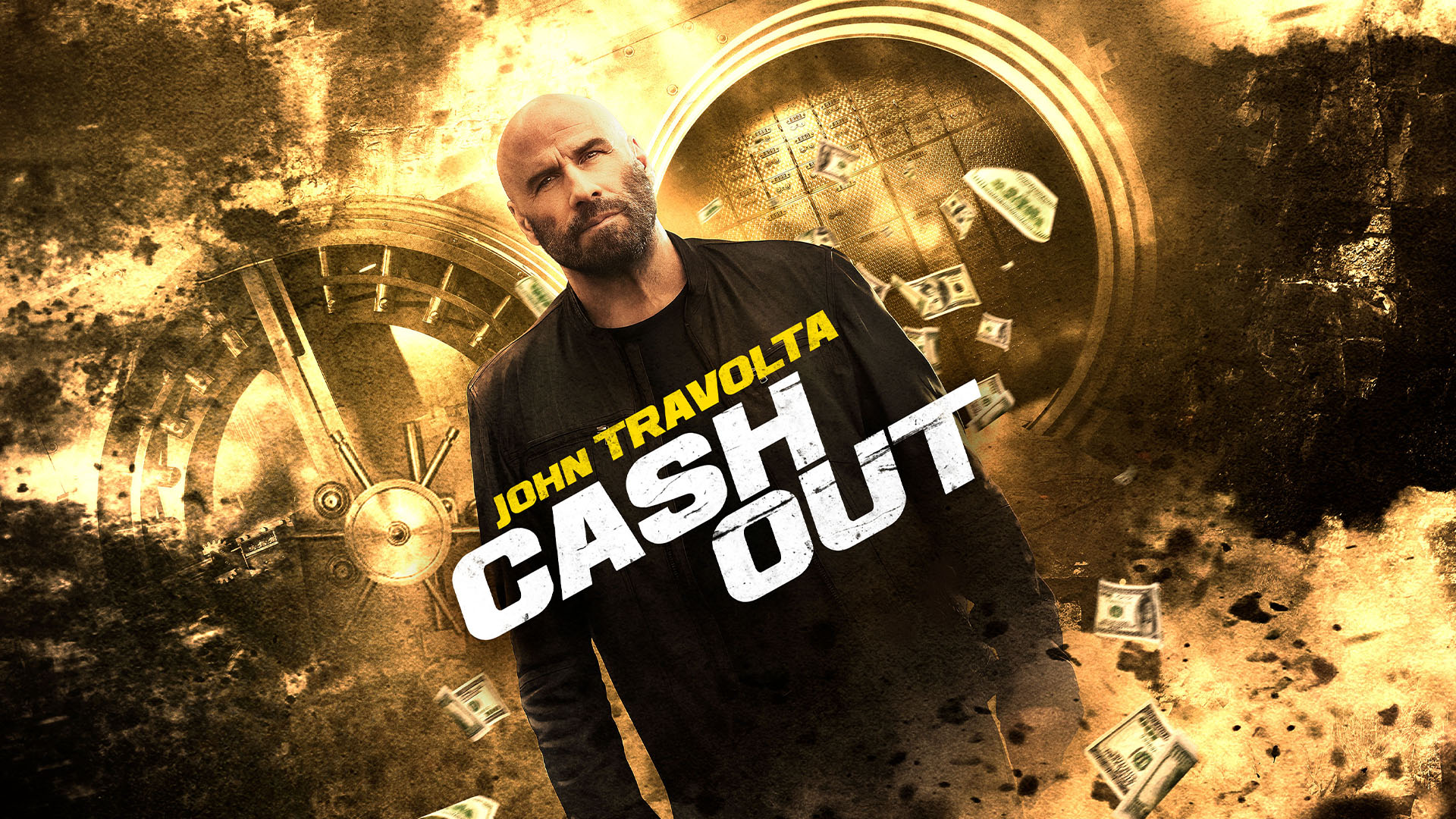Is there a modern moviegoing ritual more reliable than the late-career star vehicle disguised as an “action farce”? I settled in for Cash Out, hoping perhaps for the electric surge of genuine idiocy—something so audaciously silly it loops all the way back to fun. Instead, what I got was a master class in professional inertia: a movie so locked inside its own clichés that you can almost hear the screen yawning back at you.
You know the plot, because Cash Out helpfully delivers it in the first ten minutes: World-famous thief wants to retire (because criminals in these films always crave a cozy chair and a mug of melancholy), his little brother has a big dumb plan, and—wait for it—the cool girlfriend is an undercover FBI agent. Ives, the director, does us the “favor” of retelling a story we’ve all snored through twice this year alone. Did someone sponsor a sweepstakes—win a script by coloring in the old paint-by-numbers crime template in reverse order? John Travolta’s Mason Goddard, retired and presumably nursing heartbreak, gets dragged into one of those reliably disastrous “one last jobs”—because in these movies, retirement is just a different word for “obligatory second act.”
There’s something poignant—almost embarrassing—about watching an actor with Travolta’s misplaced gusto trying to resuscitate a character that’s little more than a press release in a leather jacket. Travolta still has the easy smile and those knowing, tired eyes, but here he’s like a peacock asked to perform on a rainy day—majestic, feathered, and incontrovertibly dampened by the script’s relentless mediocrity. Everyone else? The supporting cast are less scene partners than houseplants arranged on set to improve the feng shui. Kristin Davis, always game, gets to toss in a line or two as “Amelia” (the FBI twist), but she’s basically sprinkled on top like a handful of limp parsley on an iceberg lettuce salad—present, polite, ignorable.
As for the direction and writing—oh, to be a fly on the wall in whatever caffeinated chaos room produced this screenplay. The dialogue clangs so loudly you half expect Travolta to duck behind cover. Jokes ricochet, land with all the elegance of a splat on linoleum, and the supposed “tension” is so “relaxed” that even the hostages seem in on the joke. At certain points, the movie dispenses with even basic suspense: our robbers take tea breaks to chat about their master plan, the police look like they’re debating pizza toppings, and the hostages might as well be ringing for room service. Grown men, guns, and gold, but all the urgency of a nap.
The film’s tone is so jumbled it could be used as an experimental warning in film school: “Kids, THIS is why you don’t try to split the difference between sitcom antics and action-movie body counts.” We’re told to laugh, then care, then sigh, and after a while, you feel like you’re flip-flopping through TV channels at three a.m., catching bits of reruns and infomercials until you slump, defeated, with the remote on your chest.
Maybe the real heist here is on the audience’s battered patience. By now you can already guess the critical mass of shrugs and exasperated reviews floating through the internet: “soooooooo bad,” “a waste of money”—the digital sound of moviegoers regretting their snacks. And who am I to judge the faint-hearted optimists who claim to have been “entertained”? Sometimes, mediocrity finds its audience. What’s clear is this: Cash Out slides comfortably into that liminal space reserved for movies you forget before the credits finish scrolling.
Call it bank robbery as televised background noise—or escapism so insistent, it escapes even itself. There are cinematic treasures still out there: sharp, snarling crime flicks with blood, brains, and bite. This isn’t one of them. If you want something fresh, don’t just “cash out”—cash in on your own good sense and watch something worthy of your time. Otherwise, this is ninety minutes you’ll never get back, and neither will John Travolta.


